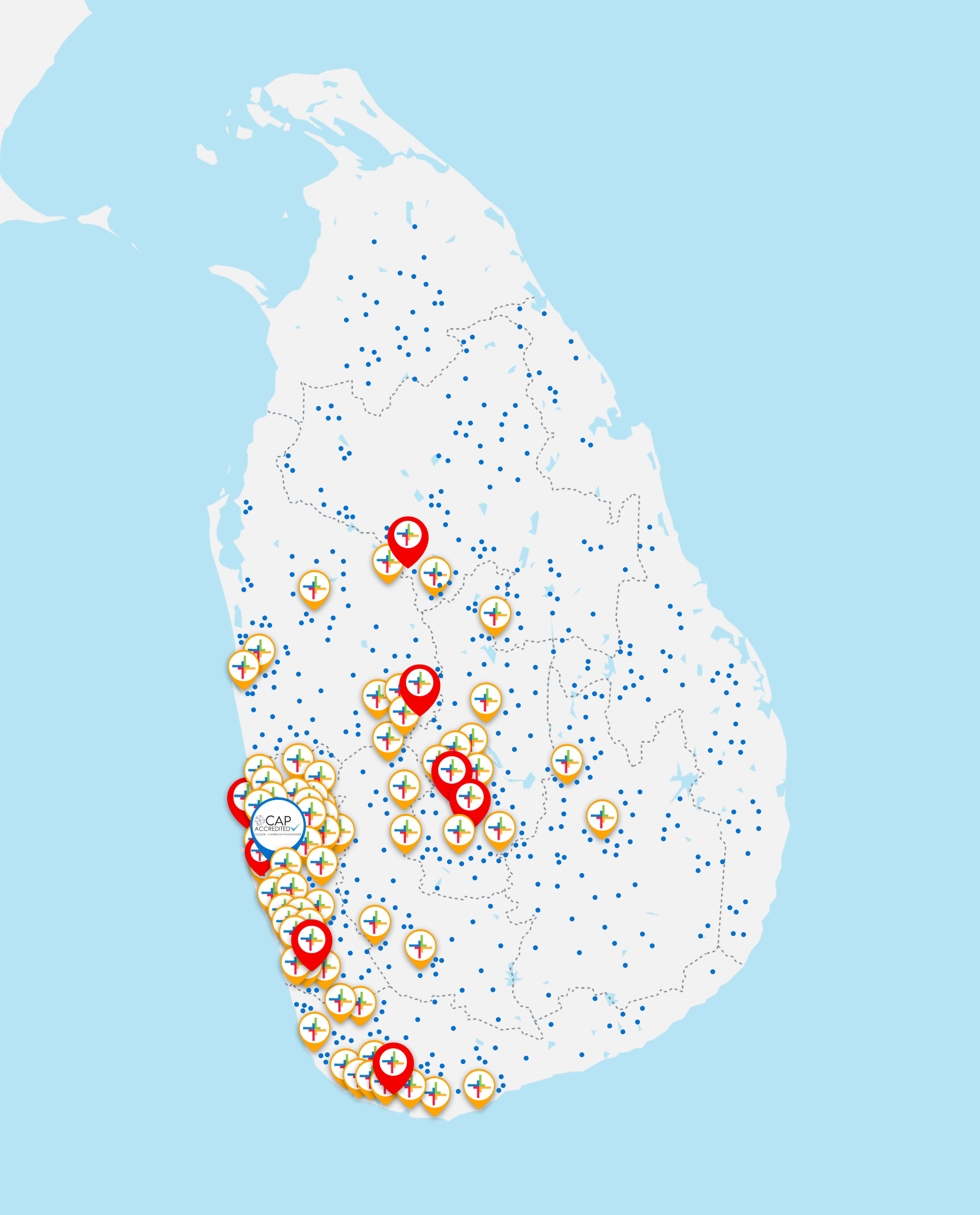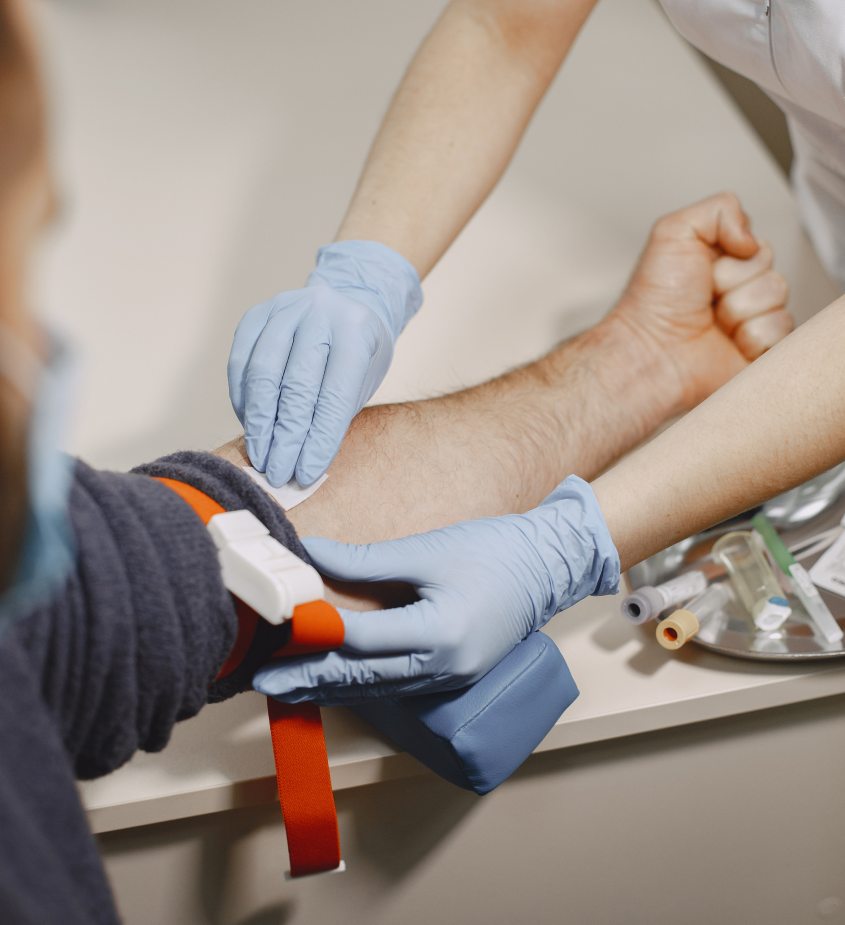




Lanka Hospitals offers an extensive range of diagnostic services that address a wide array of medical needs. The integration of advanced diagnostic tools allows for early detection and precise treatment planning, significantly improving patient outcomes. We are committed to the dual objectives of caring and curing, so that patients receive accurate diagnoses and proper care throughout their medical journeys.
By continuously investing in technological advancements and professional development, Lanka Hospitals remains at the forefront of diagnostic healthcare.